Interviews Archive
“We’re standing on the edge of the cliff”: An Interview with Lauren Groff

Following the conclusion of her Climate Visionaries project undertaken with Greenpeace, Jason Katz speaks with Lauren Groff about writing climate fiction, her climate-related work, and talking to our youngest about climate change.
“We are both the colonized and the colonizers”: An Interview with Paisley Rekdal
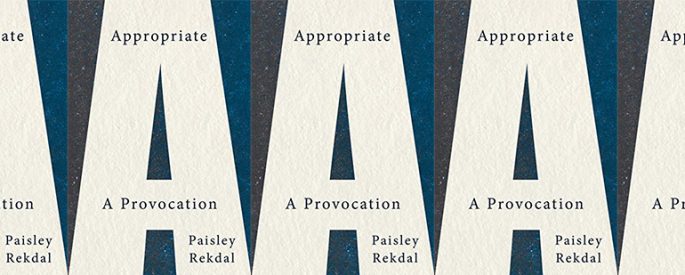
In her recently published book, Paisley Rekdal argues that, in accepting our dual condition, the adventurous artist, regardless of race or other identity, must be willing to brave criticism; she insists that all creative writers, both fledgling and veteran, search within to find their own ethics of literary invention.
A Joint Interview with Brenda Miller and Julie Marie Wade

The eleven essays that make up Miller and Wade’s new collection emerged through an email correspondence the two writers exchanged over the course of four years—an associative, improvisational game of call-and-response that played out in their inboxes.
“I’ve always been drawn to writing about the body—our physical selves and how they reflect our inner lives”: An Interview with Kat Chow
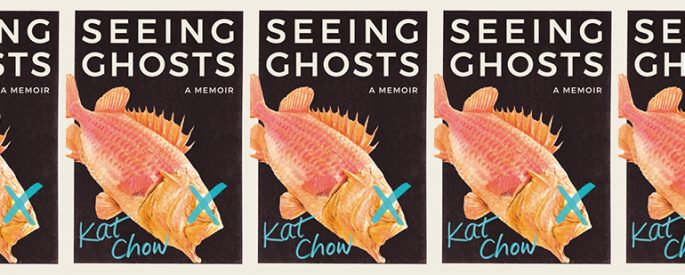
Kat Chow’s debut memoir is very much about bodies. In it, Chow considers what could have been—not just in her life but in the generations before—particularly as what could have been relates to bodies and the ways in which they betray in life, as well as where they rest
“We all compartmentalize parts of ourselves to an extent”: An Interview with Katie Gutierrez
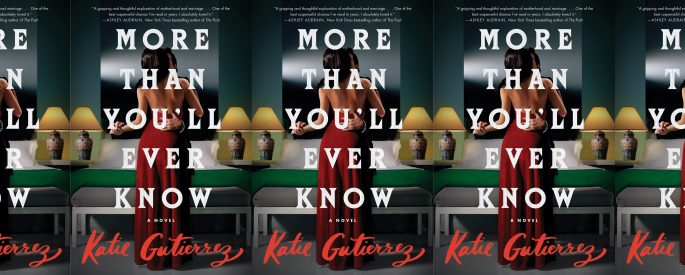
Katie Gutierrez’s debut is a novel about time. The driving force of the book is Lore, a woman who once led two lives, keeping two families in two cities. Time is the enemy of the secrets Lore is keeping—and also the necessity writers build on.
“People are messy. What does it even mean to be likable?”: An Interview with Kristen Arnett
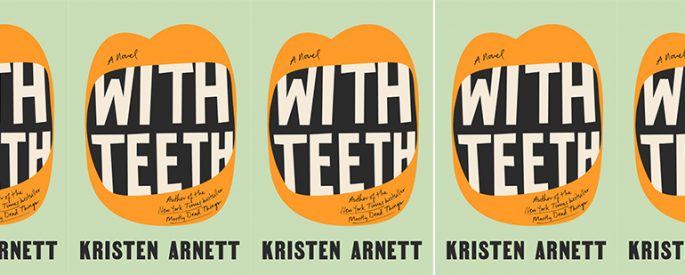
Much of Kristen Arnett’s second novel is about how we craft our stories to fit our needs, especially when we feel trapped, or frightened.
“What drew me to Lange was her desire to make lives of the unseen seen”: An Interview with Jasmin Darznik
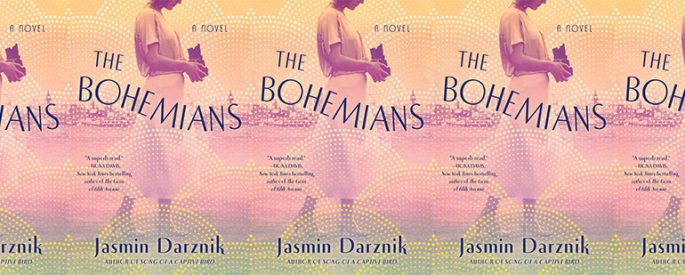
Jasmin Darznik’s second novel, which imagines the early adulthood of the famous photographer Dorothea Lange, tracks the revelation of Lange’s artistic ethos: photography, she comes to accept, is as much about the seer as it is about the seen.
“I absolutely wanted to present an upturned tale of exploration and resource gathering and success”: An Interview with Chang-rae Lee
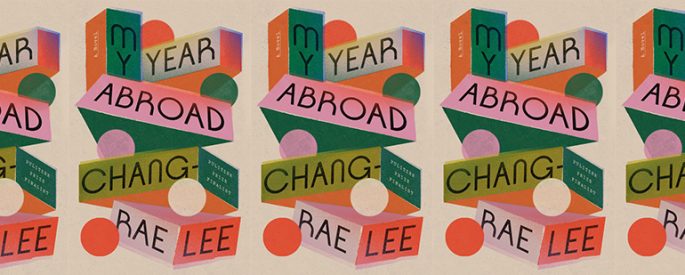
Chang-rae Lee’s latest novel illuminates the complex economic and cultural exchange between East and West through humorous and often grotesque scenes that question norms of race, money, privilege, and consent.
“I used to think that I had to choose between the page and the musical aspect of it”: An Interview with Kelly Harris-DeBerry
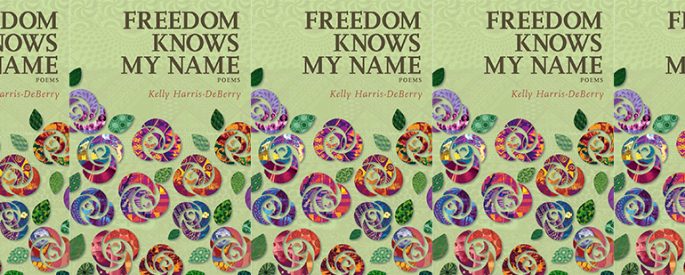
Harris-DeBerry writes about freedom like someone who has felt the word in her mouth for years, felt the shape and sound of it, and has used the instruments of her voice and her page to translate it into something we can all understand.
“I just went with my gut (and shut down my ego) and let the story tell itself”: An Interview with Mira Ptacin

Mira Ptacin’s new book is an exploration of Spiritualism’s history and its place in the current landscape of American faith practices. It also shows us, through the personal story Ptacin includes, how Spiritualism can help those still living and grieving after a loved one has died.